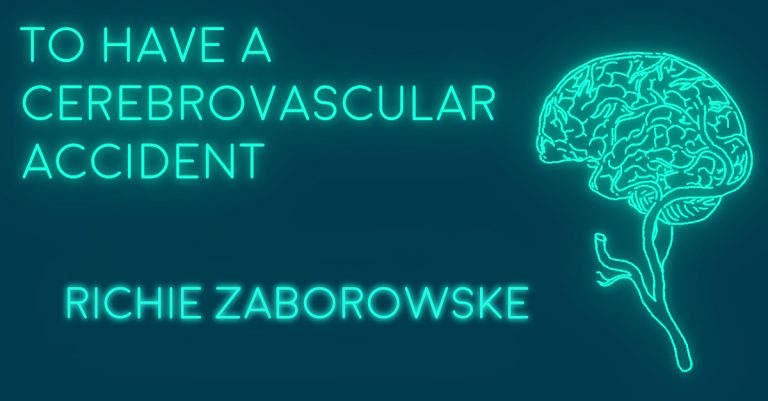
TO HAVE A CEREBROVASCULAR ACCIDENT by Richie Zaborowske
The thing is I’m not having a stroke. I’m drunk.

The thing is I’m not having a stroke. I’m drunk.
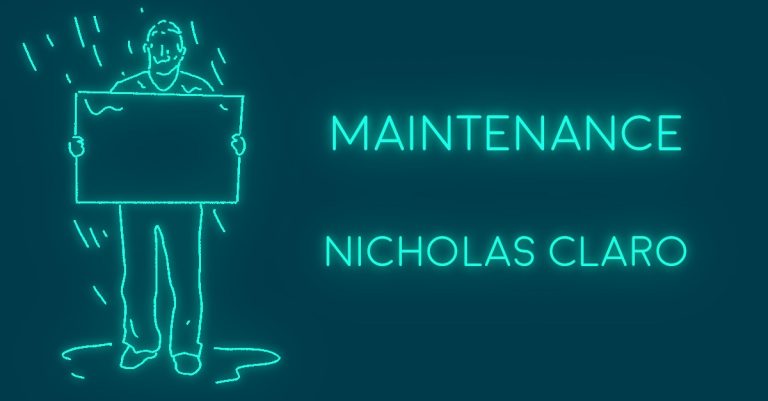
I got a call from a friend of a friend back home in Arkansas while waiting in line at the CVS, telling me our friend was in hospice.
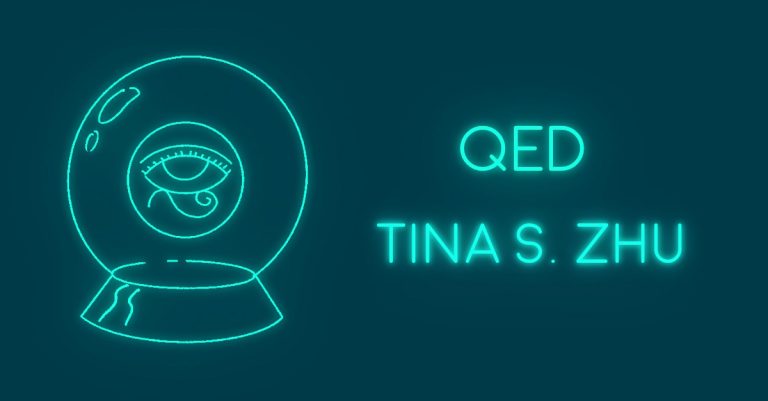
To prove that I was not a victim of grand larceny by way of The Incredible Madame Eustacia like Channel 2 News is falsely claiming, I will demonstrate the following: a) that the Incredible Madame Eustacia was not a fraud and that b) despite relying on crowdfunding for next month’s rent, her advice was worth the cost.
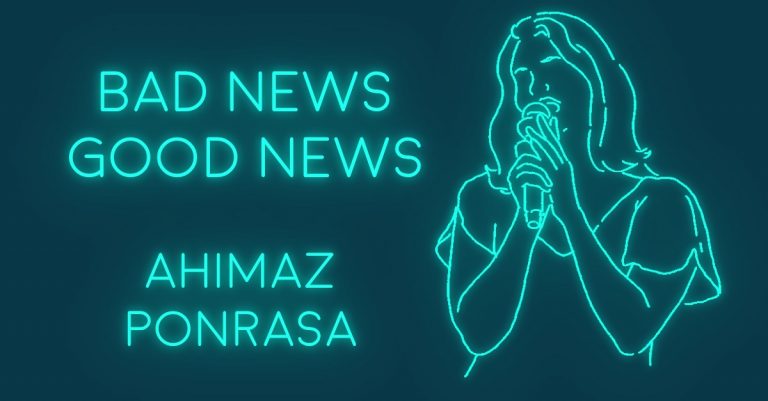
Bad news is prose allows only so much empty space. Good news is poetry allows lots and lots of breathing space.
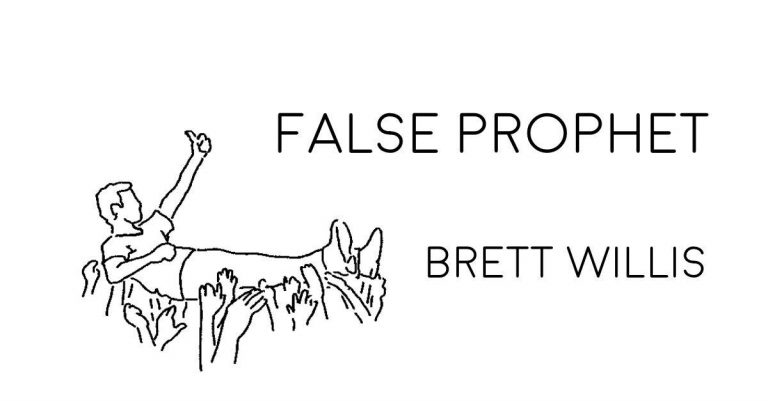
About five minutes after merging onto I-95 south, Karl’s mattress flew from the car’s roof. This was despite Tom’s best efforts; he had found a ball of twine in the back of Karl’s ex-girlfriend’s closet and managed a couple of extra loops around. Before its departure, the mattress had flopped on the roof like some overzealous wrestler. As, in the rearview mirror, Karl’s mattress frisbeed over the shoulder, Tom felt the stinging heat of resentment rise at the base of his throat. Once again, Karl would need someone else to help him out of a jam of his own making.
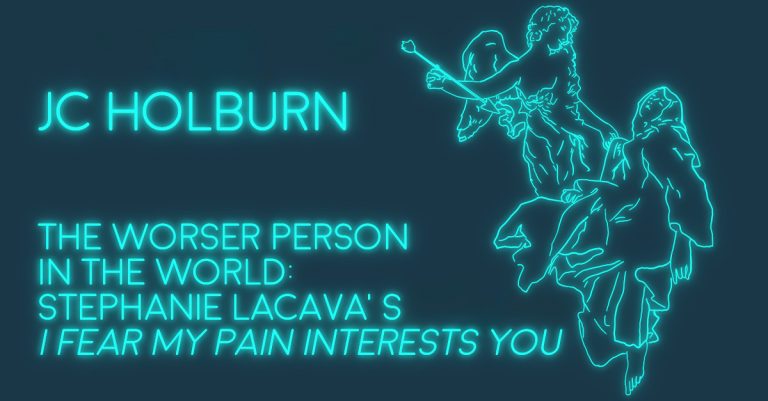
LaCava’s story straddles a tenuous faith that through constant debasement and submission a breakthrough can occur, undergirded by a mind/body conundrum: if the pain isn’t felt, is an uninvited infliction technically still misconduct? Answer: yes, yes it is.
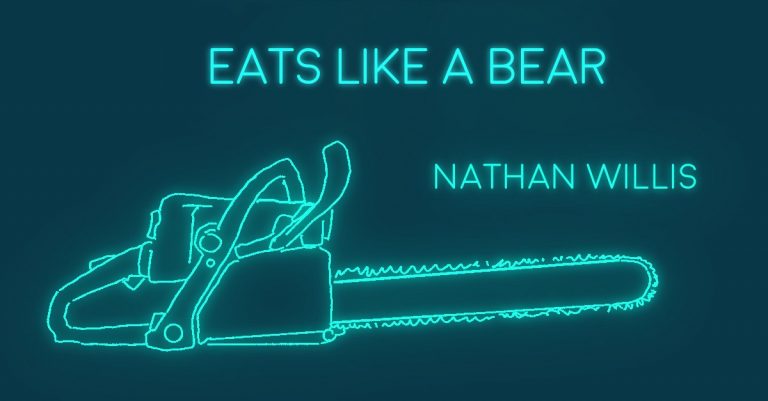
The bear looks up the school the baby will one day attend and leaves messages for the administrator, asking how soon is too soon to start the admissions process.
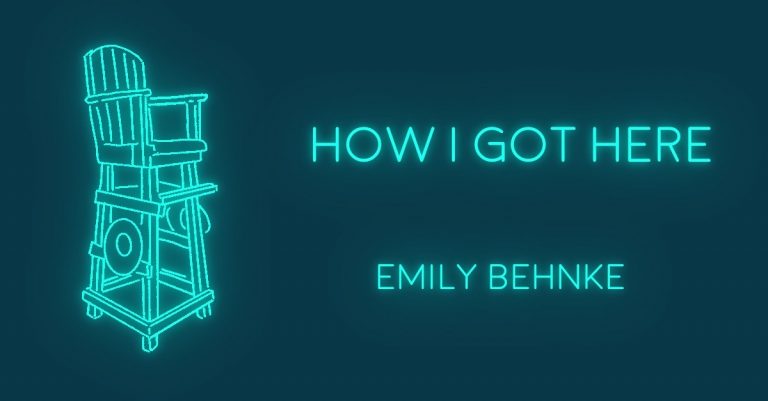
Up there, euphoria is brewing, and I decide it’s just for me.
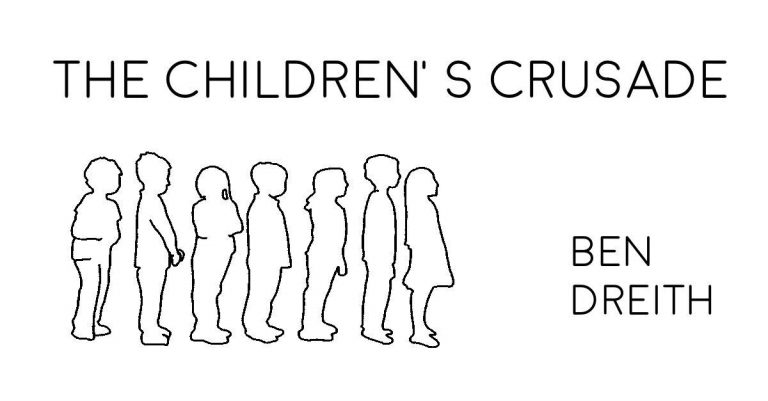
Death makes us horny! And I’m trying to see if all the cumming affects my fever.
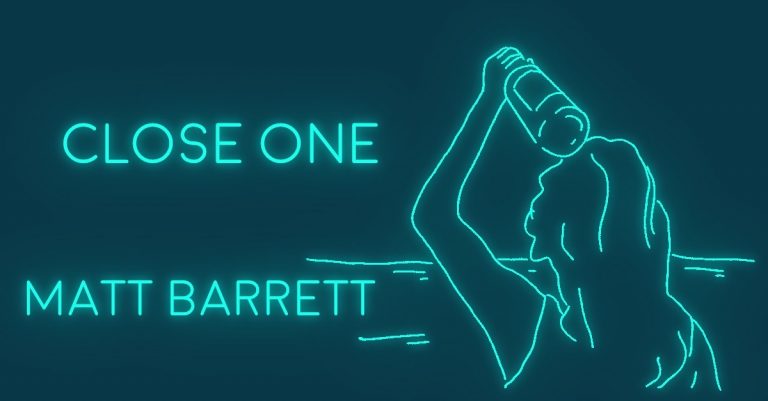
He said he knew the best way to escape. He wouldn’t just sit back as the cops put handcuffs on their wrists.
